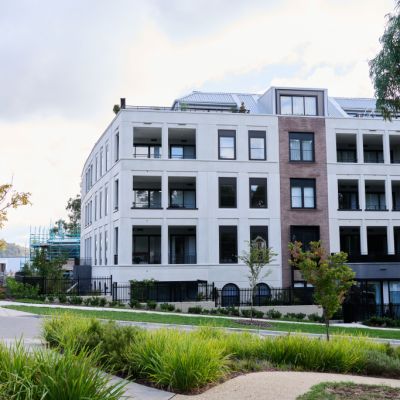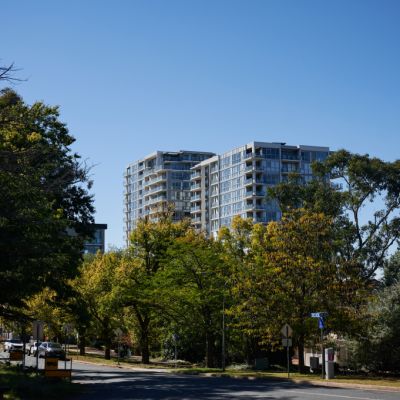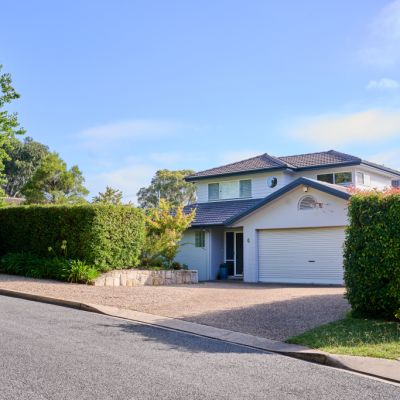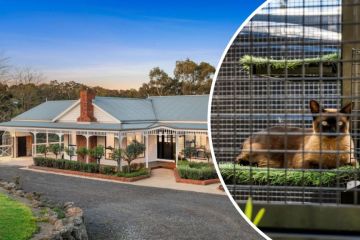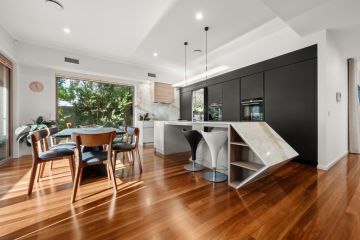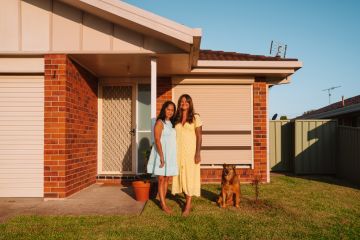You’ll be hearing more about “build to rent” in Canberra. Here’s what that actually means
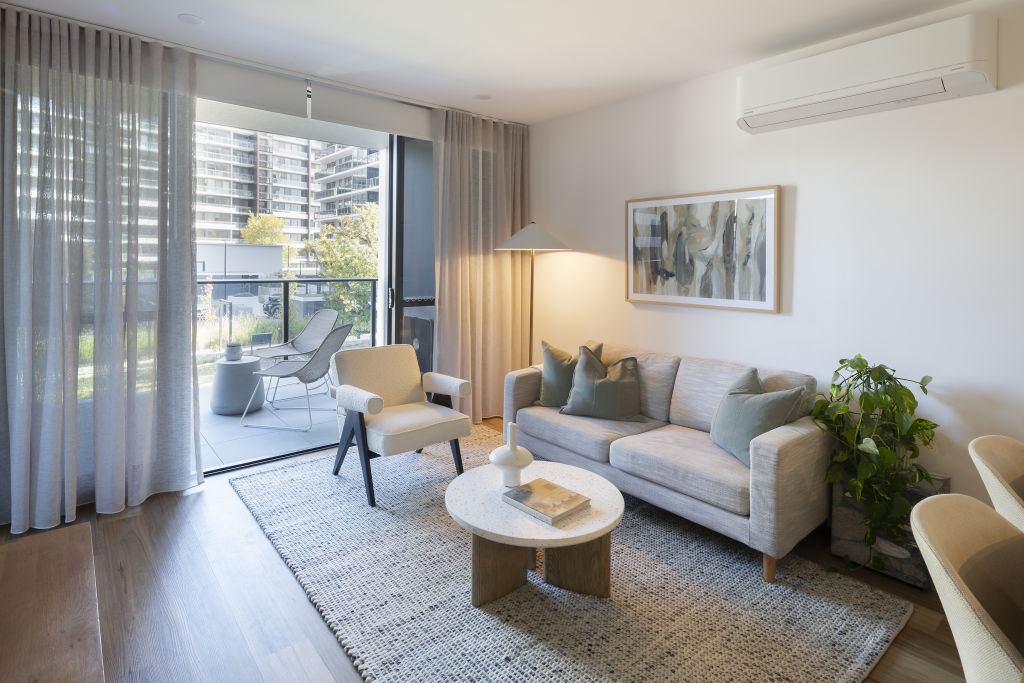
Few Australians would be familiar with the term “build to rent” (BTR) and exactly what it entails, unless you’re a tenant in one of the handful of BTR developments which have popped up in our capital cities in recent years.
This is because BTR properties only make up a very small percentage of Australia’s residential dwellings – about 0.2 per cent or fewer than 30,000 apartments, according to a recent Ernst and Young report.
It’s a somewhat different story in the US, where BTRs equate to about 12 per cent of the housing market, or half that again in the UK.
While BTR is still in its infancy in Australia, this is slowly changing.
Growth is being driven by both local and international entities which recognise the investment opportunity to cater to renters who desire better-quality and more secure housing options in convenient city locations.
So, what is build to rent?
In short, you can think of BTR as developments such as apartment buildings that are constructed to be fully leased to tenants, usually for the long term.
The building has one owner such as a corporation – rather than individual investors – and all the apartments are managed by the same entity.
Development manager for Canberra-based Amalgamated Property Group, Daniel Potts says every BTR development may differ in design and building management but they’re typically characterised by long-term tenure security.

The best performers offer onsite services that facilitate direct communication between the owner and renters to address property-related matters.
“For example, our intent at our new Oaks Canopy development is to deliver a professional management structure where the tenants become the customer and the rental experience is elevated,” he says.
“In practice, this includes concierge services that assist tenants with moving in, prompt maintenance requests or flexibility in lease changes and renewals. This onsite management team at Oaks Canopy is a real game-changer for BTR in Canberra.”
Some BTR developments, such as Mirvac’s Liv buildings in Sydney and Melbourne, market themselves as pet friendly, offer furnished options or include white goods and appliances as standard.
“The design of BTR can provide abundant solutions to keep pace with the needs of renters … and offer a real alternative to traditional residential models,” Potts says.
Build to rent in Canberra
Different BTR properties have slowly emerged in the nation’s capital over the past few years, with the sector growing and changing.
The Property Collective’s Hannah Gill says the company manages several BTR properties across Canberra for developers that have seen the value and benefit it gives the community.
“It has been an important addition to the Canberra market because BTR creates another source of housing for people, particularly when we look at our low vacancy rates and high rents,” she says. “This influx of housing is critical to help Canberrans.”
Gill says that, to date, the focus for these developments, such as the Urbana in Braddon, has been on affordability without the “bells and whistles” of traditional BTRs.
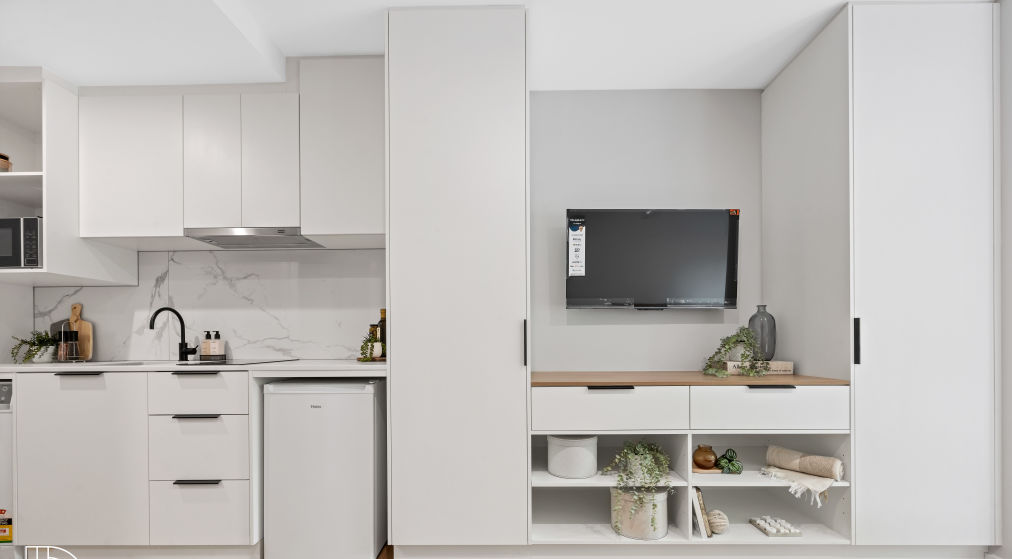
“They’ve looked at how they can provide a more affordable product for tenants who don’t want to pay another $50 or $100 a week for extra amenities, but still have security of tenure knowing their home won’t be sold from under them,” she explains.
“If you’re moving into a BTR property, you can mostly be there as long as you want to be, which is an important factor for people when they’re choosing where they want to live, if they’re raising children or if it’s closer to their employment.
“I think that stability is the biggest driving factor.”
The Urbana offers furnished micro-studio apartments with utility costs included in the rent.
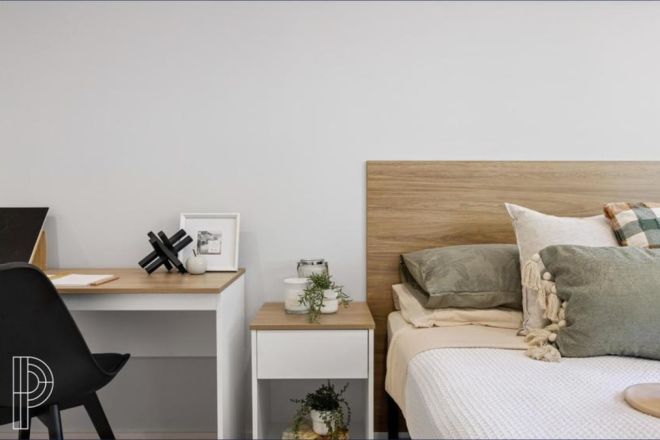
Gill says this is a unique offering in Canberra and has proven popular, though it will not appeal to everyone.
“Not everyone will [choose affordability over amenity] or a furnished home,” she says. “It’s important to have options in the market for tenants.
“Other developers are watching what is happening in this space and I’m hopeful it will lead to further diversity of housing, which is what Canberra needs.”
Greater build-to-rent choices
Potts says the wants and needs of the market have evolved over time, and newer BTR concepts are being designed so that renting no longer means “missing out”.
“From better in-building amenities and services through to smart technology and convenience features, BTR can deliver an experience akin to purchasing in a new premium building,” he says.
This will be demonstrated in September, he adds, when Canberra’s first end-to-end BTR tower in Philip is set to open.
The innovative vision of Amalgamated Property Group and Base Developments, Oaks Canopy has been customised as a bespoke rental experience with a smorgasbord of facilities and services on offer.
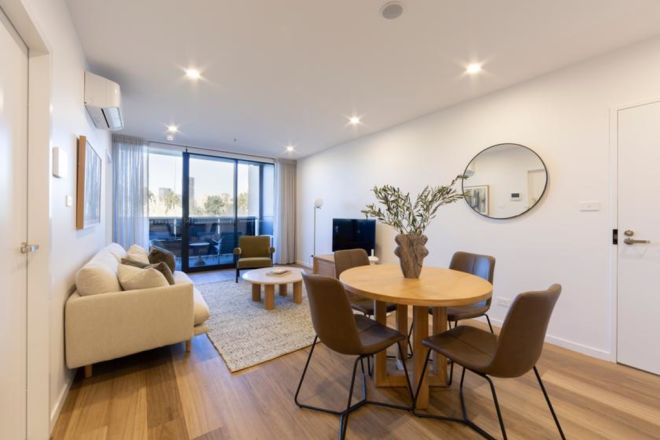
“Oaks Canopy provides choice with different home types and inclusions. The various convenience features all add up to cost-savings that tenants will benefit from,” Potts explains.
“Given the transient nature of much of ACT’s workforce, we believe it will attract a range of demographics that will appreciate the welcoming atmosphere and community engagement it is designed to deliver.”
Enquiries are now being taken for its 156 studio, one and two-bedroom apartments.
You can find all local build-to-rent listings in Canberra exclusively on Allhomes.
We recommend
States
Capital Cities
Capital Cities - Rentals
Popular Areas
Allhomes
More
